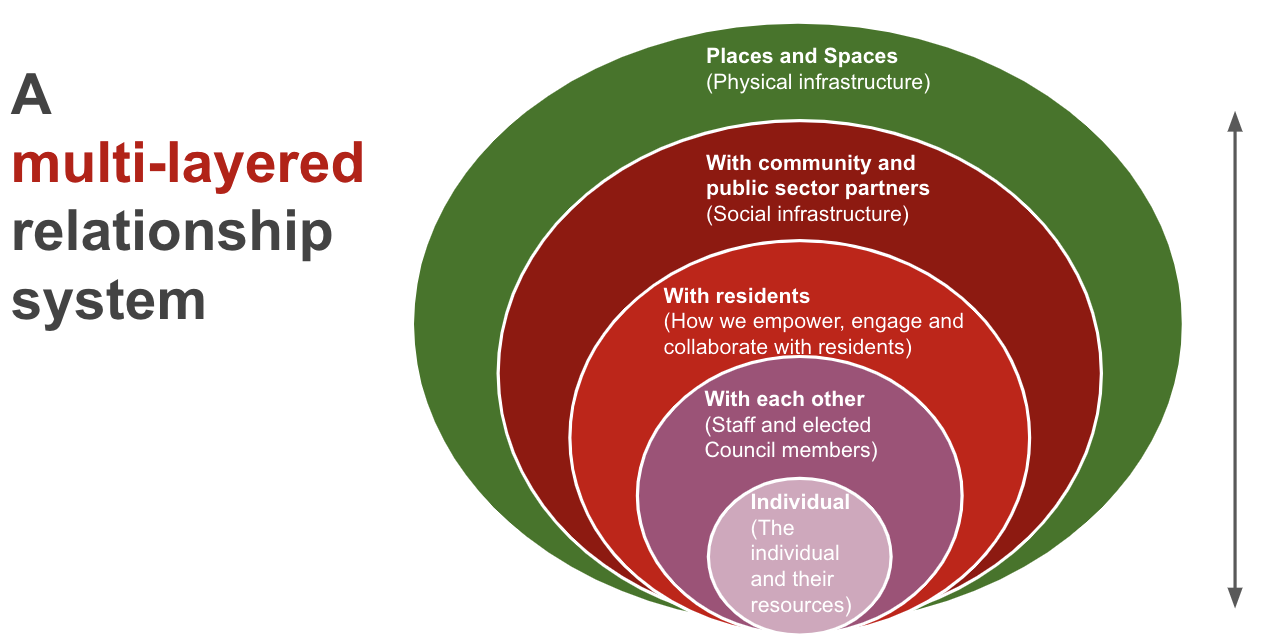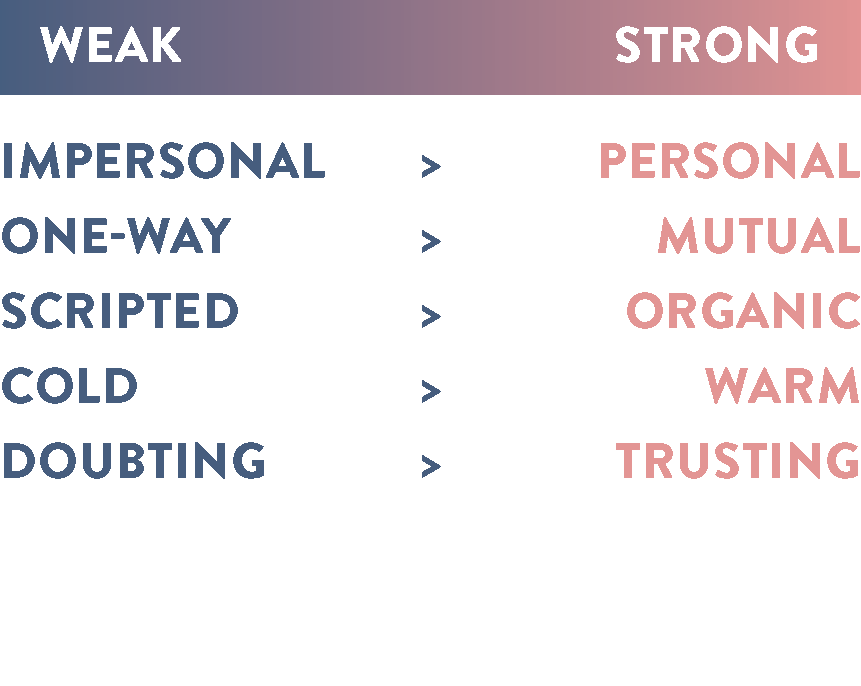In December, we gathered to discuss what it means to be a relational council, the challenges in putting relationships at the heart of how council’s operate, and the pathways forward.
Here, we draw out the key themes and questions from the discussion and invite you to join the second convening on 14th February where we will explore the question of how we put relationships at the heart of managing statutory duties.
On 13th December 2021, we co-hosted our first ‘relational councils convening’ event. A partnership between LBBD and the Relationship Project, the event brought together colleagues from Cambridge, York, Newham, Camden, Hackney, Manchester, Waltham Forest, Newcastle, Lincolnshire, LBBD, Reading, North Tyneside and Redbridge Councils, alongside organisations who work with Councils and people from central government. We gathered to discuss what it means to be a relational council, the challenges in putting relationships at the heart of how council’s operate, and the pathways forward.
Here are the key themes that emerged.
Putting people first, not processes
We have to remind ourselves as councils what our purpose is. Creating thriving places founded on relationships, not services.
In exploring what it means to be a relational council, we spoke about the need to put people – not processes – first.
Working relationally is not about devolving responsibility, but about sharing it. Our role, as councils, is to walk alongside residents; to listen, connect and support rather than ‘do to them.’
Our role as a council is to be an ‘alongsider’
A typology of relationships
There is no ‘one size fits all’ when it comes to relationships
Relationships are personal and no one relationship is, or can be, the same. Developing a typology of relationships at play within and around councils is a helpful starting point in being more intentional in nurturing good relationships. At LBBD we’ve been testing a model to communicate the different types and qualities of relationships within the Council. The model seeks to acknowledge the multi-layered web of relationships at play in our day-to-day work, encompassing the relationships we have with each other, with the organisation and with residents.

A typology of relationships
Relationships are neither inherently good nor inherently bad. We explored some characteristics of a ‘good’ relationship

It’s important to recognise where relationships are not as strong or not as positive as they should be. We need also to recognise that not everyone wants a relationship with the council. Not all people trust councils; not all people see us as a force for good, and not all people want to actively engage with their local authority. We must be honest about the nature, purpose and potential of the relationship, led by residents’ needs.
Challenges in becoming a relational council
Whilst there is a great deal of energy and will within councils to work more relationally, there are some practical challenges in doing so. These include – but are not limited to:
Political influences
Councils’ work is influenced by political agendas. There’s a risk that good relational work could be undone in changing political cycles. On the flip side, positive political advocates can really help.
How do we create a political narrative for a relational agenda?
Outsourcing
We heard that reliance on outsourcing services can be a barrier to becoming relational because it puts someone between Council and residents.
How can we bake relationship-building into commissioning?
Risk
So much of a council is structured around a need to manage risk, statutory duty, assurance to leadership and politicians.
How can we see relationships as a solution to statutory duties, not as incompatible with them?
This will be the focus of our next convening on 14th February.
Opportunities for making progress
Whilst there are challenges to overcome in putting relationships at the heart of how councils work, there are also many opportunities to build upon. Some of those identified during the session include:
Grasping the Covid legacy
Covid demonstrated we can ‘do things differently’ and trust one another more. New relationships were forged and more relational practices were quickly established. There was a greater emphasis on devolving decision making power and communities leading in the Covid response.
How can we carry this forward and resist the pull back to old ways?
For more on shifting ways of working during Covid, take a look at The Relationships Observatory.
Starting from within
Building good relationships with residents and partners will be hard if we have an internal staff culture that is focused on structure, process and hierarchy and is not relational in itself.
The work we do internally is as important as our work externally. There is no quick fix to this. It is as much about being honest about what’s not working as it is about celebrating good relational practices at play.
We heard from LBBD’s New Town Culture team, where creativity is a core part of the social care services.(ref)
Asking staff what helps and what gets in the way of growing good relationships and turning learnings into practical changes will help us to grow a culture of trust and openness. (In the LBBD model shared earlier, it’s the core to this work.)
How do we as council staff take a more relational approach to getting things done and running organisations?
Starting from within
Pre-defined outcomes so often drive council activity. There is little space for emergence; for change that is continuous, open-ended and shaped by the changing environment. (ref)
We must get comfortable with emergence and not be afraid to try new things, if we are to work with all the messy qualities relationships bring.
What would need to happen if we thought about relationships as the goal?
We’d love you to join us in this conversation. The next session will be on 14th February where we will explore the question of how we put relationships at the heart of managing statutory duties. If you’d like to share some thoughts to get the conversation going, please let us know at immy@relationshipsproject.org
